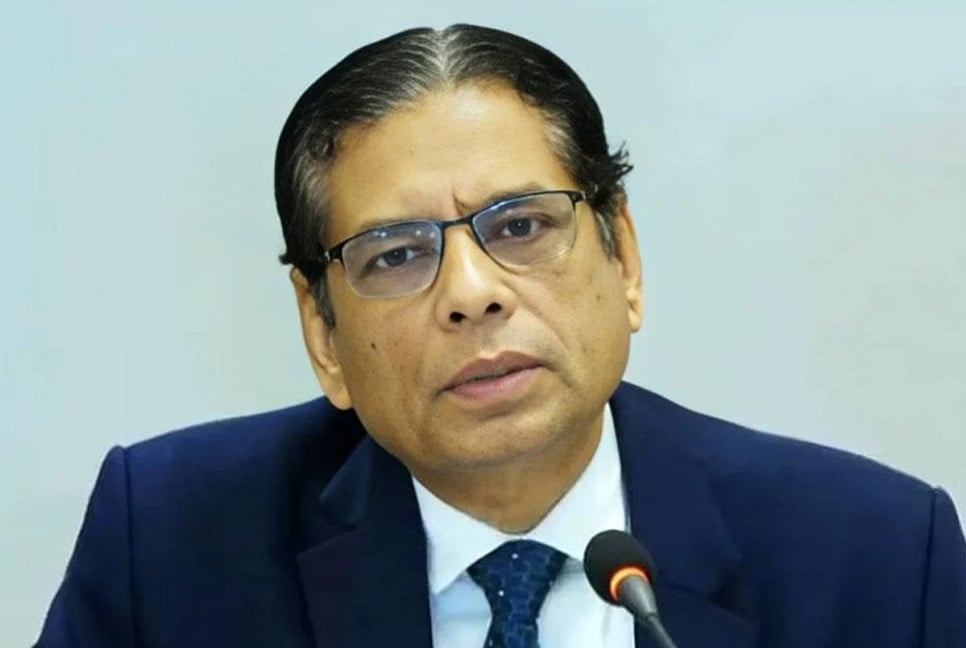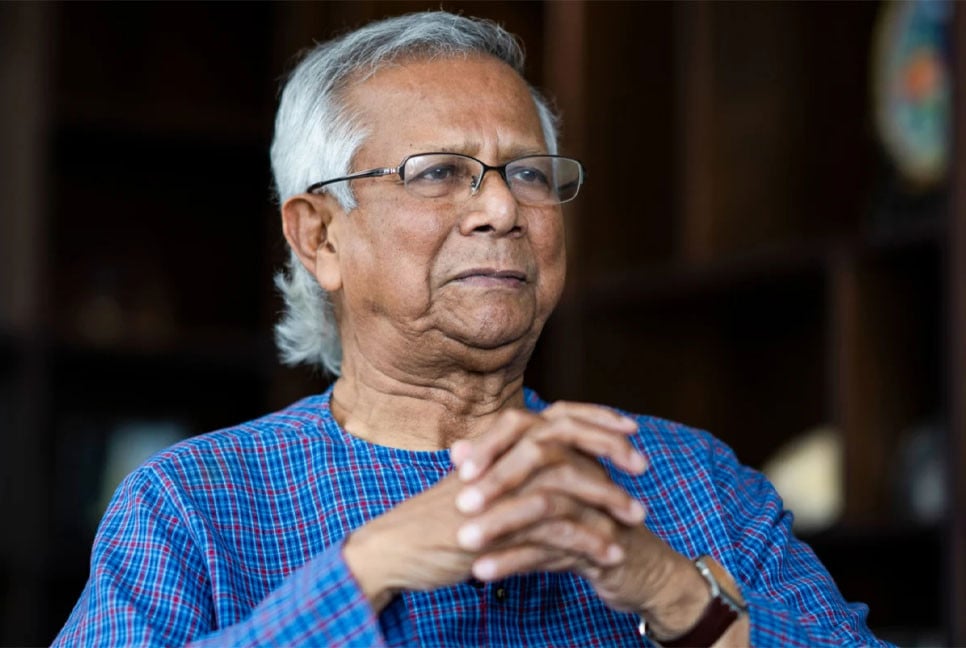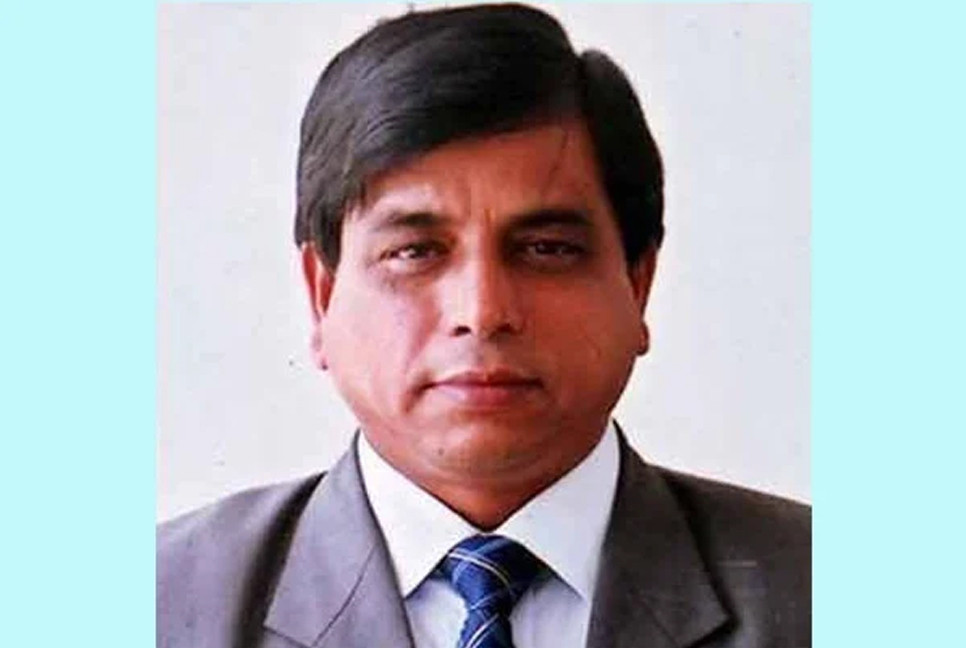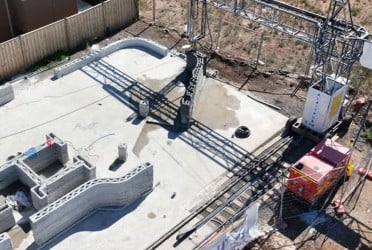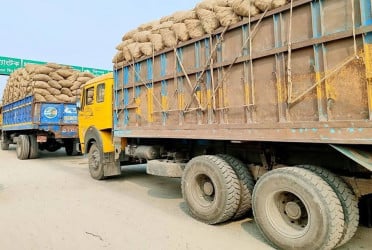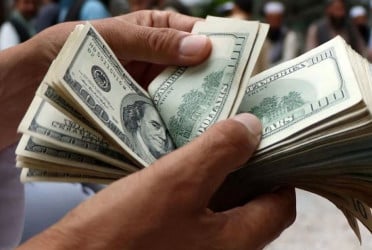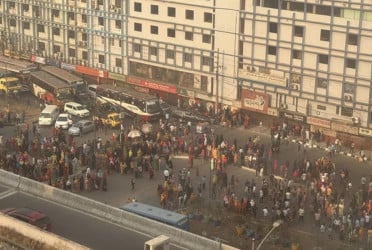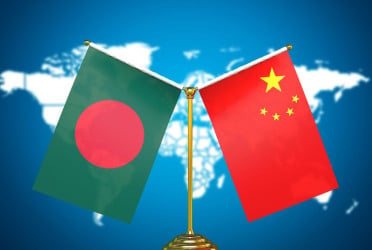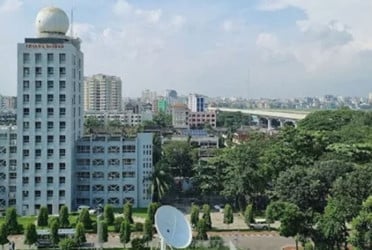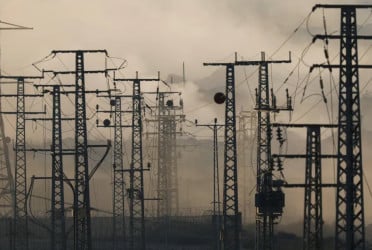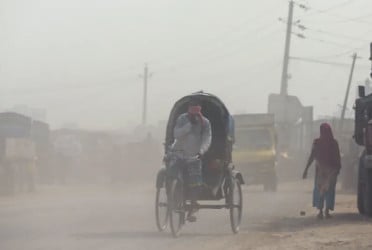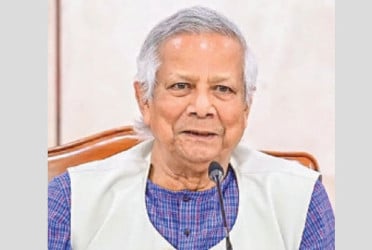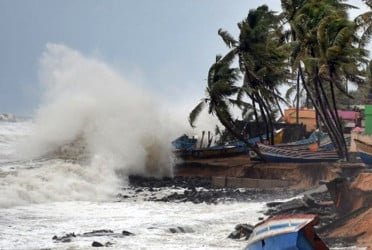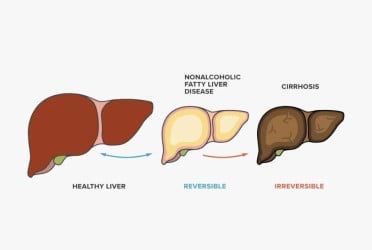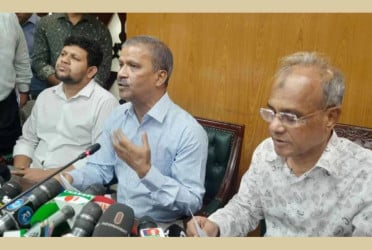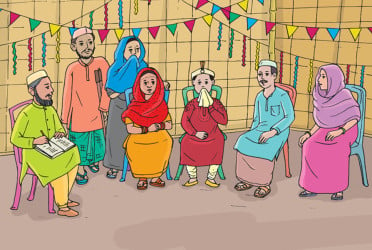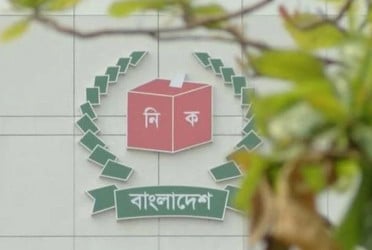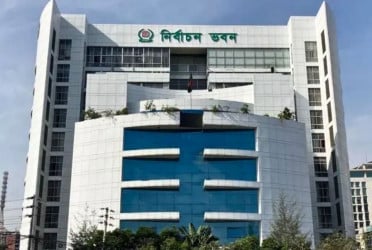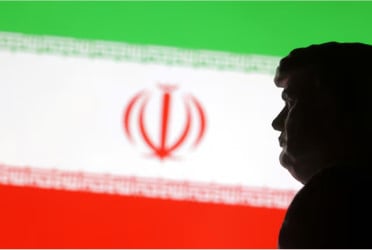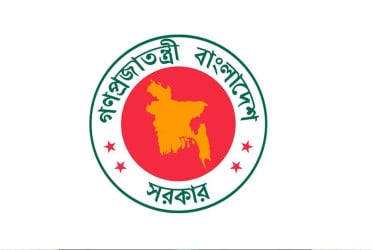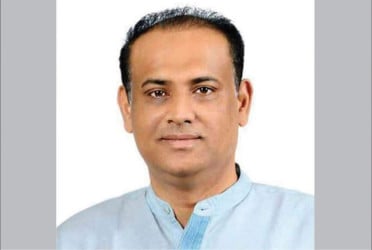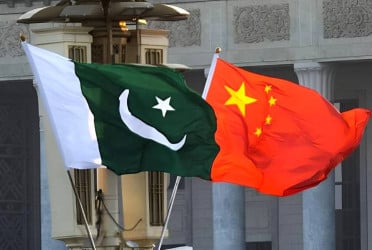Bangladesh is expected to face severe load shedding in the upcoming summer, according to power sector officials, energy experts, and those involved in electricity production.
Recently, the country’s total electricity demand surpassed 11,000 megawatts (MW), with production keeping pace. However, load shedding is still occurring in Dhaka and other areas, sometimes exceeding a deficit of 100 MW.
Electricity shortage and supply challenges
Experts told Bangladesh Pratidin that if the fuel supply is not managed properly, load shedding could become unmanageable. The government must immediately clear outstanding payments to keep the situation under control. Otherwise, an electricity shortfall of 2,000–3,000 MW at the beginning of summer is likely.
With rising temperatures in March, the beginning of Ramadan, and the start of the irrigation season, electricity demand will surge. If power supply is not ensured, load shedding will intensify.
Producers estimate that peak electricity demand this summer could exceed 18,000 MW. If the gap between demand and supply widens, the public will face severe hardships.
Fuel crisis and financial constraints
Industry insiders report that unpaid dues are preventing power producers from purchasing primary fuel. The government’s outstanding payments to producers continue to rise, while gas shortages worsen. To manage the crisis, expensive diesel-based power plants may need to be activated, increasing both government expenditure and financial losses.
Load shedding would also increase the use of diesel-powered irrigation pumps, further escalating costs.
Energy expert Professor M. Tamim stated, "Although we have the capacity to generate 17,000–18,000 MW of electricity, ensuring fuel supply remains the biggest challenge. If fuel supply is managed properly, load shedding can be kept at a tolerable level."
Stressing the issue of government dues, he added, "The key issue now is arranging funds to clear outstanding payments. If the government allocates funds for fuel and payments, load shedding will remain under control, though it will not be completely eliminated."
Financial crisis threatens power generation
K.M. Rezaul Hasnat, president of the Bangladesh Independent Power Producers’ Association (BIPPA), highlighted the ongoing financial crisis, stating, "To cut costs, the government is still not purchasing electricity from oil-based power plants. Since temperatures have not peaked yet, they are resorting to load shedding. However, once the heat intensifies, the situation will become critical. We have already suffered losses of Tk 9,000 crore, leaving us with no financial leverage in banks."
He further added, "Currently, we have enough fuel to operate power plants for a maximum of one month. Due to non-payment from the Power Development Board (PDB) for two months, we are unable to open letters of credit (LCs) or import fuel. Under these circumstances, we anticipate severe load shedding this summer, which will significantly impact consumers."
Translated & edited by Fariha Nowshin Chinika




